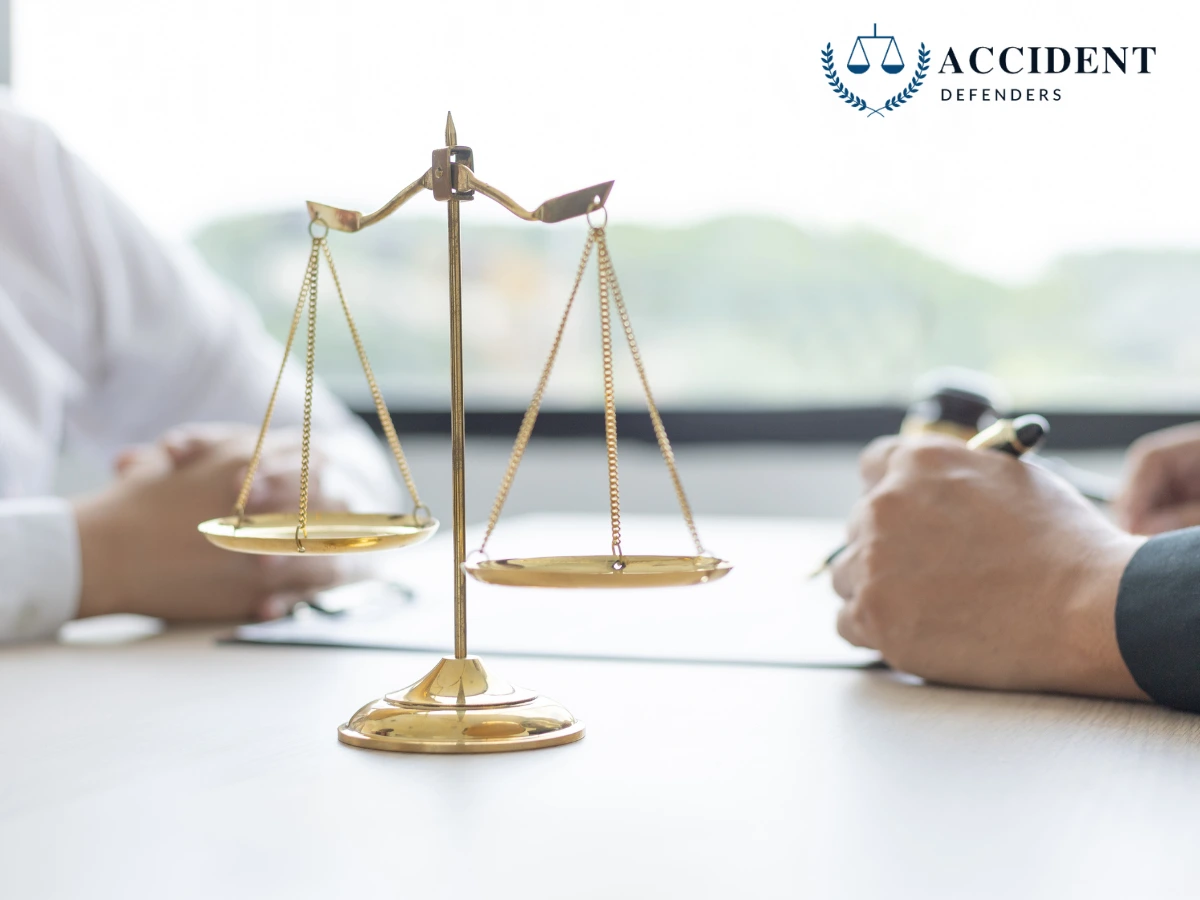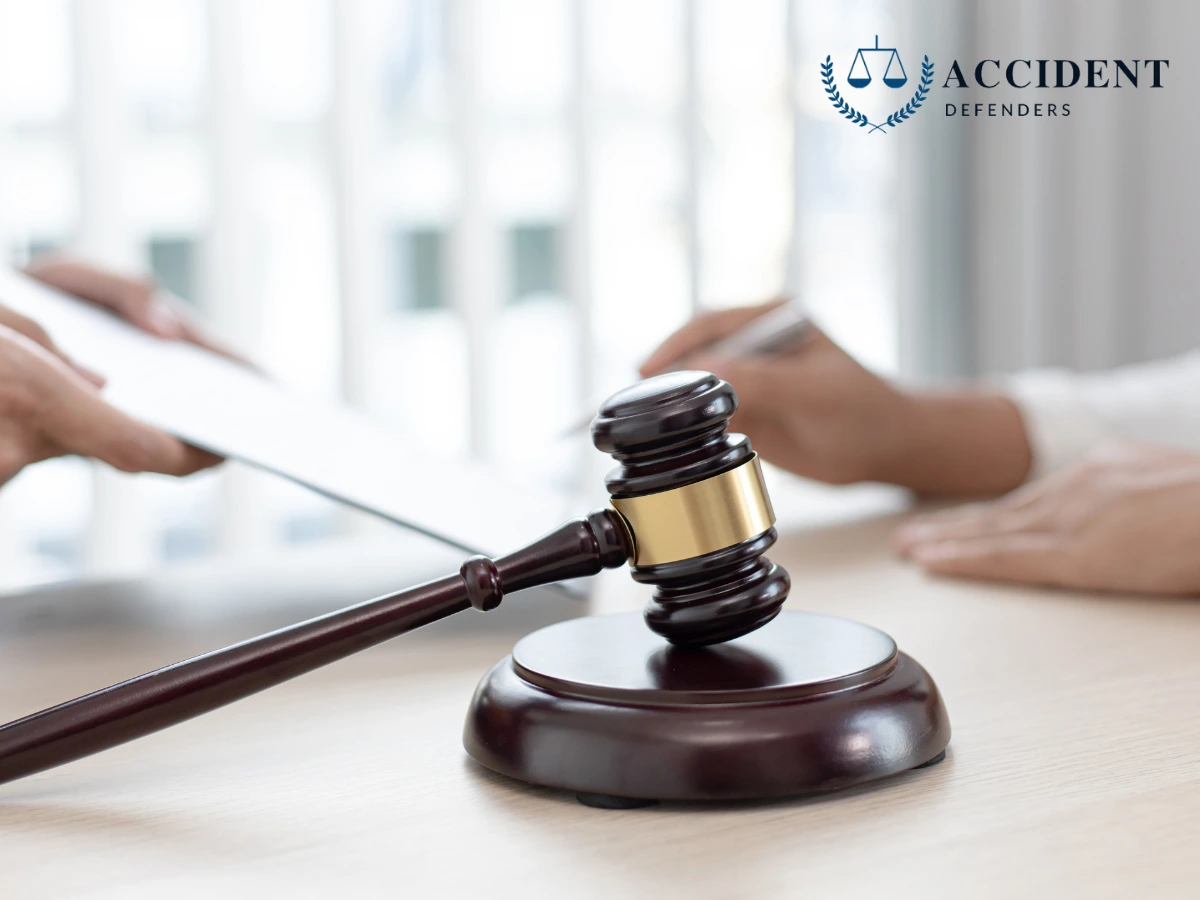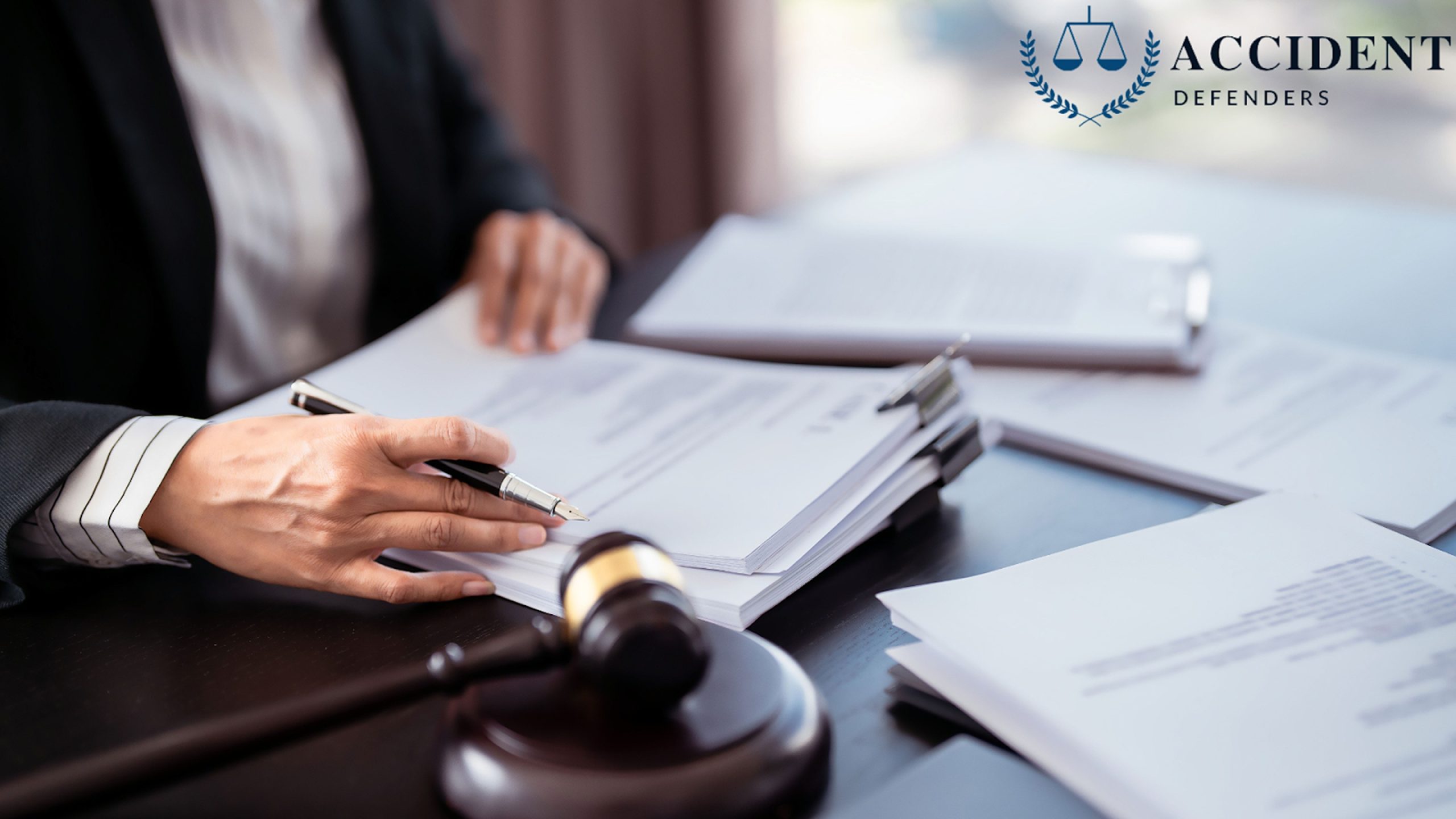Car accidents in the US are occurring at an alarmingly high rate. According to the National Highway Traffic Safety Administration (NHTSA), in 2022 alone, there were 42,795 fatal car crashes in the US which were 16% higher in comparison to those that happened in 2018. These accidents lead to fatalities, minor or major injuries, or property damage. You have the right to seek compensation for injuries sustained in vehicle accidents caused by another party’s carelessness by submitting a personal injury claim.
Unfortunately, there are plenty of misconceptions about the claiming process and its need, depriving the victims of their compensation. If you or someone you know is going through such an issue, this post will help you. We are here to debunk some myths about car accident claims so no one suffers in such scenarios. Keep reading for detailed information.
You Don’t Need A Lawyer
This is a widespread misconception. It’s true that you can navigate your personal injury claim without seeking help from a legal representative, but this is not always in your favor. To keep claims to a minimum, insurance firms need the services of skilled adjusters. Hence, they may do the further mentioned things to weaken your claim:
- They may try to shift the blame by claiming that you were somewhat at fault in the accident and arguing that your compensation should be reduced accordingly.
- Because of medical terminology and the time it takes for symptoms to appear, it may be difficult to determine the true severity of an injury. Therefore, they may attempt to downplay it. Hiring a lawyer may greatly assist in gathering the necessary medical records and documentation of your injuries.
- They may make offers of lowball settlements. Remember that the insurance industry is profit-driven. Legal representation allows you to get just recompense and, if necessary, negotiate a settlement covering all your losses.
I Can’t Contact A Personal Injury Lawyer Until I Have The Police Report
Even while receiving a police record might give significant evidence of the accident, waiting until you get the report before getting in touch with a personal injury attorney is unnecessary. As a matter of fact, it is highly recommended that you seek the advice of a lawyer immediately after being involved in a vehicle accident. This will guarantee that your rights are safeguarded and that evidence is maintained.
Personal injury attorneys with years of experience know the time-sensitive nature of these circumstances and can provide the client with quick support. To bolster your car accident claim and establish culpability, they can assist you in gathering vital evidence, such as testimonies from witnesses, pictures of the incident, and medical records.
If You Have Insurance, You Don’t Need An Accident Lawyer
Damage to your car and any legal responsibility you may have towards the other party are both covered by your personal insurance policy. But it won’t consider your injuries and the expenses that come with them. Claim for a car accident is difficult to manage, this is where a personal injury attorney comes in handy:
- Having a thorough understanding of the coverage provided by your insurance is essential. Your policy may restrict medical bills, pain and suffering, or lost income. Your attorney will be able to clarify your coverage and point out any gaps that need to be addressed.
- You have the legal right to seek reimbursement from the other motorist’s insurance company if the accident was not your fault.
- The process of dealing with uninsured and underinsured motorists: If the driver who caused the accident does not have sufficient insurance, your attorney may assist you in navigating your own uninsured and underinsured motorist coverage (UM/UIM) to collect damages.
Minor Accidents And Injuries Don’t Qualify For A Claim
The potential long-term consequences of injuries that seem to be relatively small should not be underestimated. For example, the symptoms of whiplash may not appear until many days or even weeks after an injury. Your injuries may be documented with the assistance of an attorney, who can also guarantee that you are compensated for any medical expenditures you have incurred. Keep in mind that the cost of medical care may rapidly build up, and even a seemingly little accident can result in unanticipated expenses.
Car Accident Claims Must Be Settled In Court
Another prevalent misunderstanding is that legal proceedings may only settle car accident claims. But most vehicle accident claims are resolved by negotiations with the insurance company of the person at blame, rather than in court. For one thing, it’s cheaper and takes a fraction of the time. But, your lawyer may guide you on initiating a lawsuit if fair settlement discussions do not materialize.
You Can File Your Claim At Any Time
Debunking this fallacy is of the utmost importance. Each state has its statute of limitations when claiming personal injury and a legal deadline. For instance, In California, you have two years from the date of the accident or injury to file a personal injury case. Although this duration is subject to change due to a few exceptions, the default is two years. Failing to file your claim within the applicable statute of limitations can result in losing your right to seek compensation. Therefore, consulting with a personal injury lawyer as soon as possible is crucial to ensure you meet all necessary deadlines and preserve your legal rights.
I Don’t Need/Can’t Afford a Personal Injury Lawyer
Many personal injury lawyers work on a contingency fee basis. This means they only get paid if they win your case. Their fee is typically a percentage of the settlement amount recovered. This system ensures legal representation is accessible regardless of your current financial situation.
Wrapping Up
When a vehicle accident occurs, the aftermath may be quite stressful. Never attempt to negotiate the car accident claim on your own. By debunking these widespread misconceptions, we hope you will consider the benefits of working with a personal injury attorney like the ones at Accident Defenders to guarantee fair compensation.



